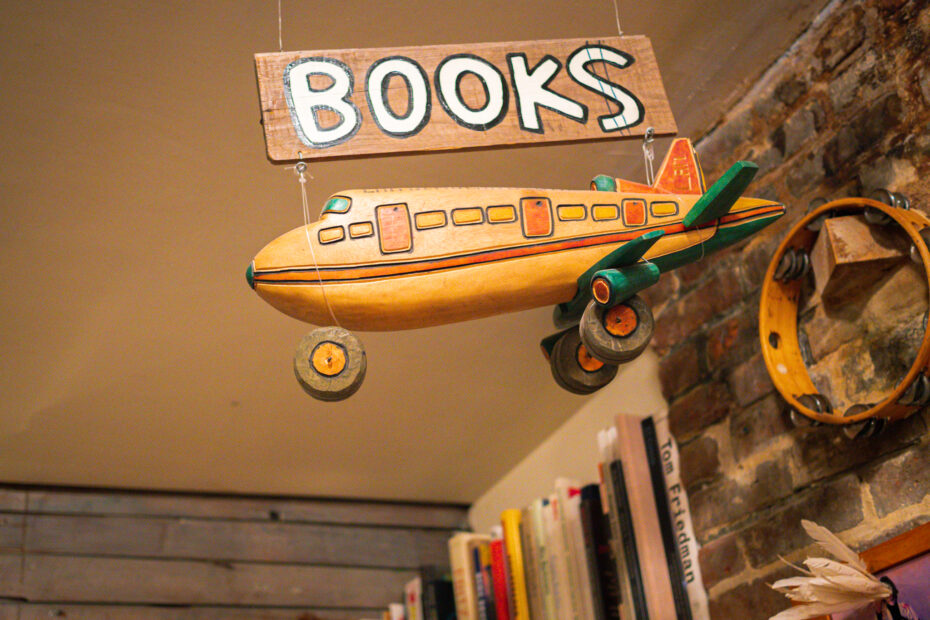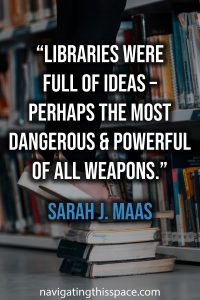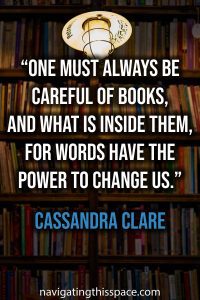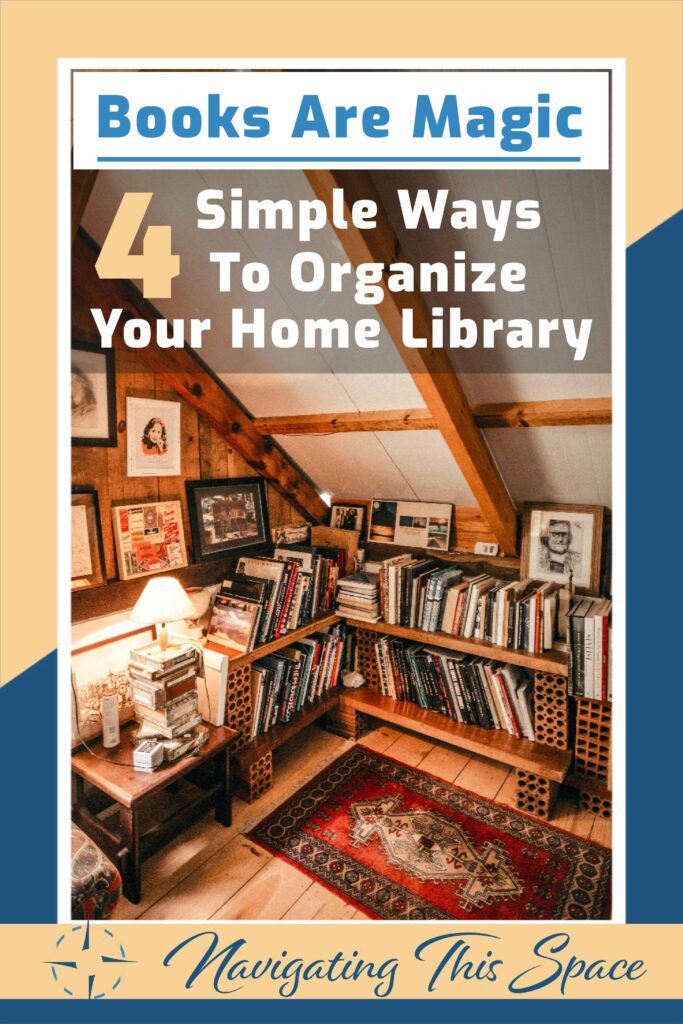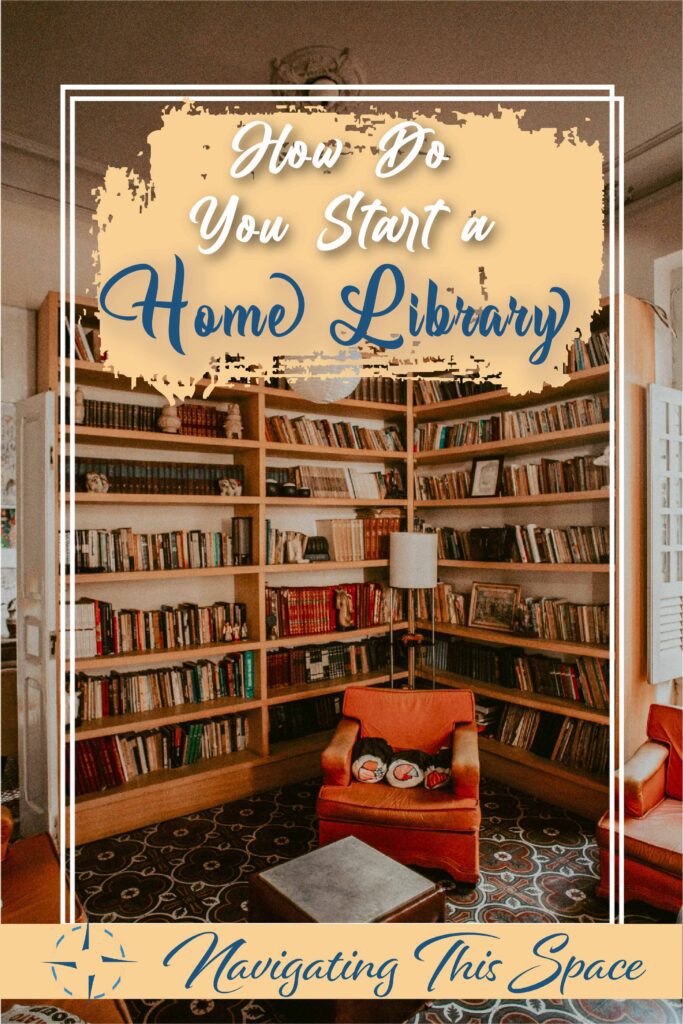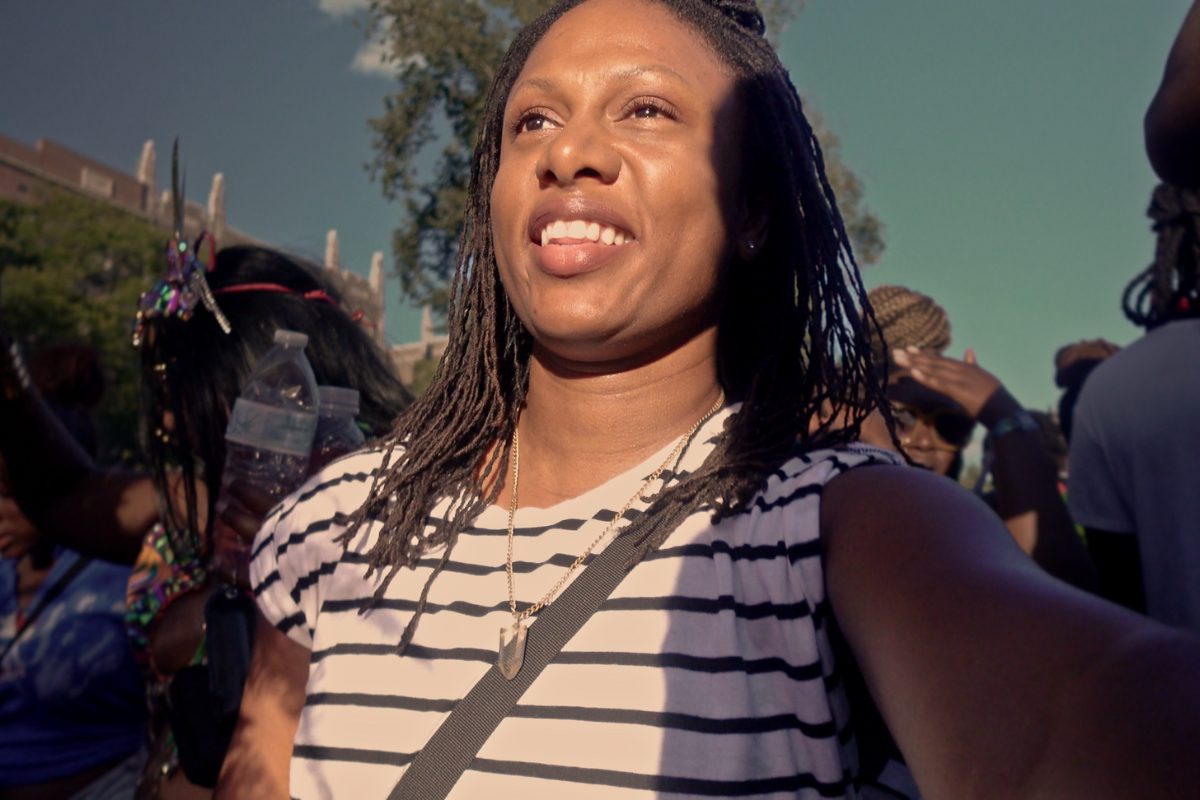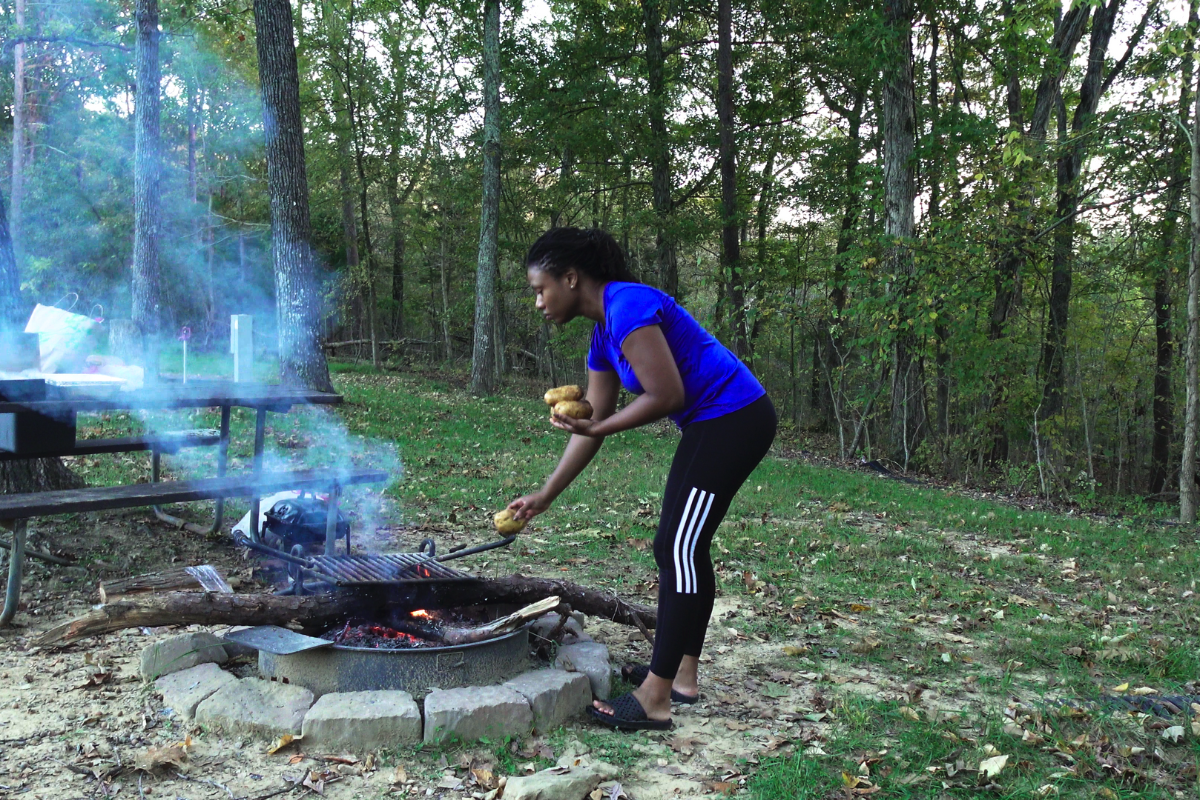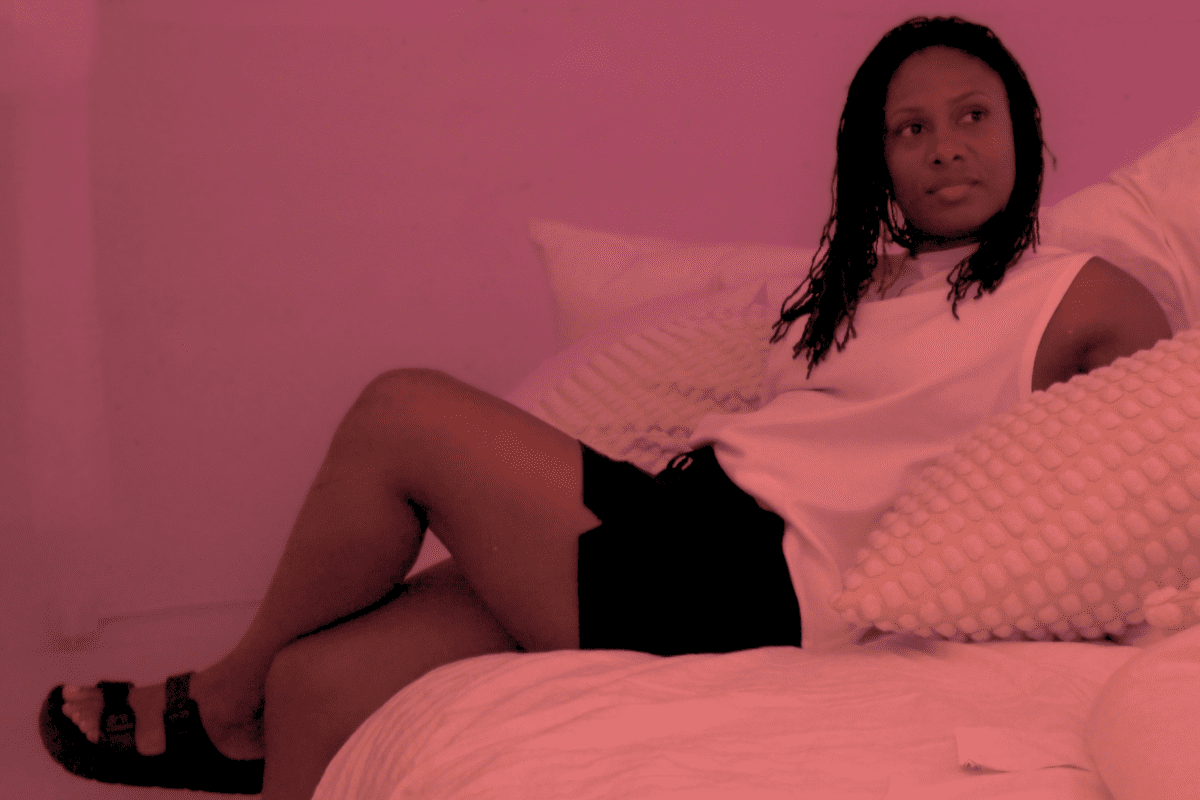How to collect books for a home library
I often dream of owning a house that has a special room where the walls are filled with books, from the ground up. A home library bursting with an immense amount of knowledge urging me to get lost in all the different wonderful worlds hidden in their pages. Even though that dream is not yet a reality, I do have a small corner dedicated to books because it is important to read books.
Books are magic.
“I have always imagined that Paradise will be a kind of a Library.” – Jorge Luis Borges
Stories are how we learn best, that’s why we were told stories as children. The lessons from those stories stick with us throughout our entire lives. Think about it: Walt Disney made a fortune from retelling the same stories that were used to scare children into behaving way before his time. Those lessons imprint themselves and shape how we all operate.
If you have the desire to learn a particular thing, I guarantee you that there’s a book out there to teach you exactly what you desire, which is why I believe that everyone should have a home library. It doesn’t have to be as vast and elaborate as my dream library, but it should suit your specific needs.
How do you start a home library?
Collecting books can become addicting but the main purpose of your search should be centered on what you can learn from your books rather than how aesthetically pleasing they are. To avoid collecting books that will only sit on the shelf and collect dust, you must ask yourself this question, “What do you want your personal library to do for you?” After you’ve figured out the answer, the search will begin.
Analyze the books that you’ve already read. What type of books were they? What genre category did they fall in? Were they fiction or nonfiction? Did you like them, love them, or dislike them passionately? Knowing what types of books you prefer will make the challenge of finding books a lot easier. I’ve found that once I narrowed down the types of books that I’m interested in, my reading has multiplied significantly because it was no longer a pain to get through a book. Another whimsical thing that I’ve noticed is that the books magically find their way to me. I’m a firm believer that when you express the desire to learn and understand something, the right book will reveal itself to you at the perfect time.
After you’ve narrowed down the type of books you love, use those books as references. Sometimes the authors suggest other books for you to read in the book itself. Look out for quotes that they’ve included and the sources that they’ve mentioned― that, right there, is pure gold. This is the ultimate start to curating your book collection for your home library.
If it’s a fictional book that doesn’t mention any sources, hop down to your nearest book store and ask for help with finding similar books. Booksellers are the best when it comes to helping you find the right book, so utilize their knowledge.
“Libraries were full of ideas – perhaps the most dangerous and powerful of all weapons.” – Sarah J. Maas
Where can I find books?
There are tons of ways to find the books you need, some of them are even free. Did you know that Amazon Prime members get one free e-book every month? If you’re a Prime member who’s not taking advantage of this freebee then you should seriously start this very moment. On the first day of every month, Amazon sends out an email that offers you multiple options so check your junk inbox again; You’ve probably been overlooking it this entire time.
People regularly do a deep cleaning of their home for spring cleaning, winter cleaning, and the decluttering moments in between. During those times, you may find them leaving books they no longer need somewhere for other people to grab. Most of the time the books are placed on sidewalks and other easily seen areas with a lovely hand-drawn sign that displays the message, ‘Free Books.’ Take the time to go through these used books because what’s one man’s trash is another man’s treasure.
Ask your friends for the books that they’ve finished and will never read again. Your friends might be into the same types of books that you’re looking to add to your home library. They might even have some great suggestions on where to find the books that you’re searching for as well. Friends help one another, don’t be scared to ask. I mean, the worst answer you’ll get is a “no” and, even then, they may share where you can get your own.
Libraries are the best place to search for book ideas and they sometimes have sales. Check your local library to find the next date of their sale and be there early― those books go fast. My own library started from a sale that my local library was having. I bought so many books that day that I had to make multiple trips to bring them home!
“One must always be careful of books, and what is inside them, for words have the power to change us.” – Cassandra Clare
What are some types of books to include in a home library?
A library without books is like a blank page, ready to be filled with new ideas and possibilities. Here are ten types of books to get you started
Art books
History books
Non-fiction books
Fiction book
Autobiographies
Cookbooks
Reference books (Design Books, Magazines, Newsletters)
Self-help books
Music Books
Journals
How to maintain the books in your home library
Don’t let your books sit on the shelf gathering dust, they don’t serve their purpose this way. Challenge yourself to read twenty-five minutes every day. You’ll be shocked at how many books you’ll get through in a month, three months, and a year. Keep building the muscles of your brain by challenging its limits and feeding it new ideas to ponder.
Arranging the books in your library can be done using a lot of methods, my favorite way to organize them is by their categories. All the self-help books get a section for themselves and so do the design books, the art and history books, and even my journals and sketch pads.
Here are four simple ways you can organize your home library
- Alphabetically (You can choose to arrange the books by the last name of the author or the name of the book. For books that have multiple authors, use the last name of the first author mentioned.)
- Genre or Category
- Chronologically (The year they were originally published)
- Height (Purely for aesthetic reasons)
When you’re finished with a book you will automatically know if you’ll ever want to reread that book. If you have the desire to read the book again, then keep it in your library, if not, pass it on. Give it to a friend, leave it on a sidewalk, or sell it– the choice is yours.
Now go forth and forage, the knowledge you desire is waiting to be found and added to your personal library.
